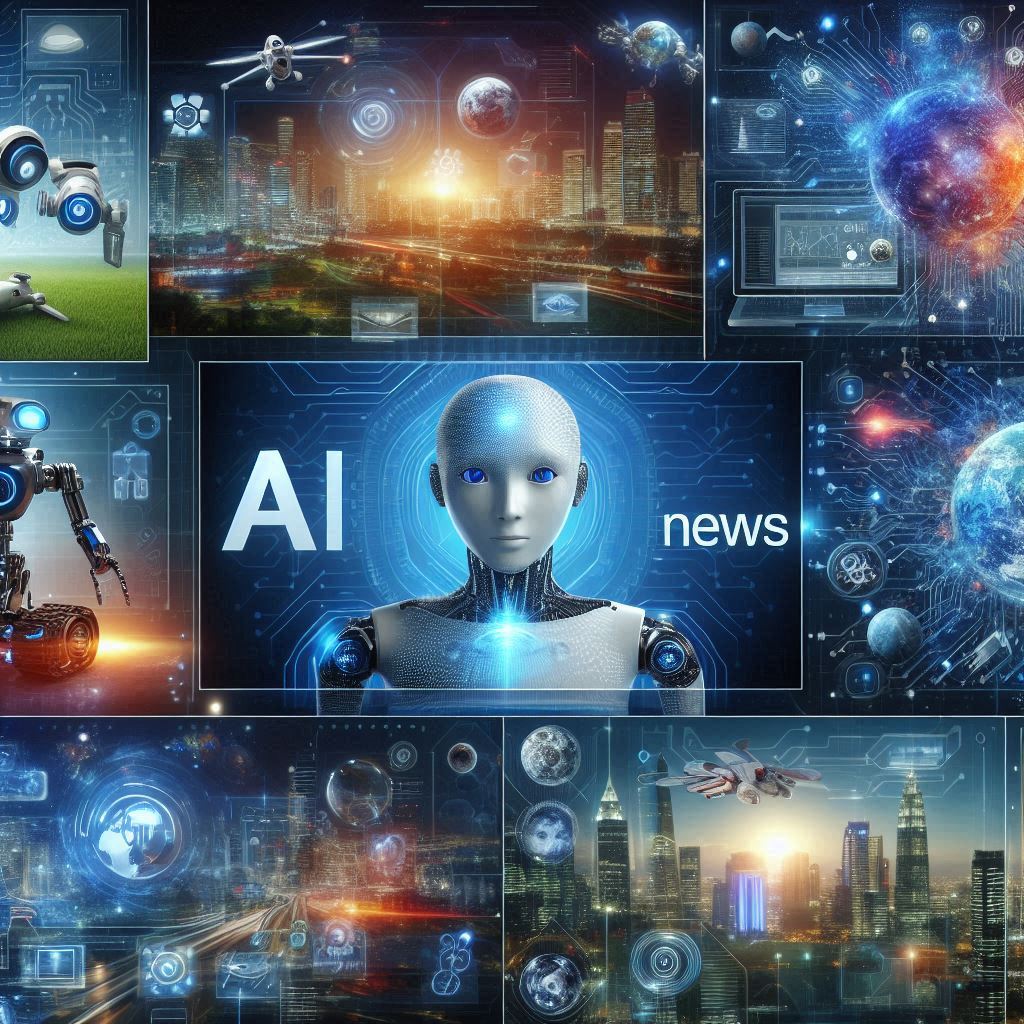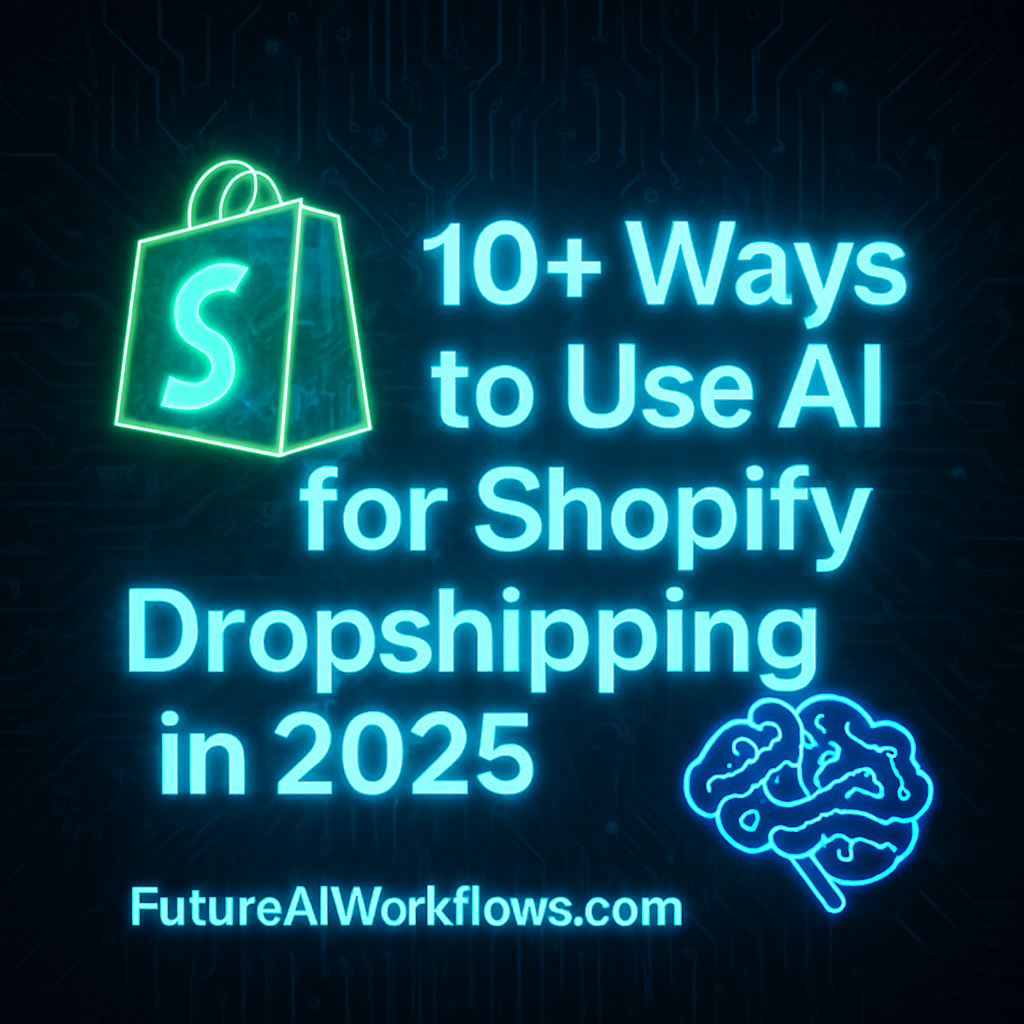Introduction: Why Customer Support Needs AI Now More Than Ever
In today’s hyperconnected world, customer expectations are sky-high. Instant replies, 24/7 availability, personalized service—these are no longer nice-to-haves but table stakes. Yet many support teams are drowning in repetitive tickets, inconsistent service quality, and skyrocketing costs.
Enter AI agents, the rising stars of AI automation. Unlike outdated chatbots, AI agents are smart, scalable digital assistants capable of understanding context, solving problems, and integrating seamlessly into your support workflows. For businesses looking to automate workflows using AI, these agents represent a massive opportunity to streamline support, reduce overhead, and delight customers at scale.
What Are AI Agents? (And Why They’re Not Just Chatbots)
AI agents are intelligent systems that operate autonomously or semi-autonomously to complete specific tasks. In customer support, that means they can:
Understand and respond to natural language
Pull in data from order systems, CRMs, or FAQs
Trigger workflows like returns, refunds, or escalations
Learn over time to improve responses and workflows
Think of them as AI-powered support reps who never sleep, don’t need training days, and can handle thousands of conversations simultaneously.
These agents are typically built on generative AI or large language models (LLMs), like GPT-4 or Anthropic’s Claude, which give them the ability to handle nuanced requests and make decisions in real time.
Real-World AI Workflow Automation: Customer Support in Action
Here’s how businesses are already using AI agents to drive efficiency:
Retail & E-commerce: Brands like H&M and Sephora deploy AI agents to handle size recommendations, order status, and product FAQs—reducing response times from hours to seconds.
Fintech & Banking: Neo-banks like Chime and Revolut use AI agents to resolve common queries, freeing up human agents for more complex issues.
SaaS Startups: Companies like Notion and Asana are embedding AI into their support portals to help users troubleshoot without submitting a ticket.
Logistics & Delivery: AI agents proactively notify customers of delays, reschedule deliveries, or answer “Where is my package?” inquiries with real-time tracking data.
These examples show how automating business with AI isn’t about replacing humans—it’s about letting people focus on higher-value work while AI handles the repetitive, rule-based tasks.
Benefits and Pitfalls: The Realities of AI Automation in Support
✅ Key Benefits:
Scalability: Handle more requests with fewer human resources
Consistency: Provide accurate, brand-aligned answers every time
Speed: Respond instantly—even during high-traffic periods
24/7 Availability: Serve global customers around the clock
Cost Reduction: Lower support costs without sacrificing service quality
⚠️ Common Challenges:
Implementation Complexity: Integration with your tech stack takes planning
Initial Training Time: AI agents need domain-specific knowledge
Customer Hesitation: Some users may prefer human interaction
Privacy Concerns: Ensure GDPR or CCPA compliance, especially when handling sensitive data
Quick Start Guide: How to Automate Your Support Workflow with AI
Ready to launch your first AI agent? Here’s a simplified roadmap:
Audit Your Support Channels
Identify the most frequent questions and workflows—these are your low-hanging fruit.
Pick the Right AI Platform
Choose tools that integrate easily with your CRM, help desk, or support systems (e.g., Zendesk, Intercom, Freshdesk).
Start with One Workflow
Begin by automating one clear task like tracking orders, resetting passwords, or refund requests.
Train with Real Data
Feed your AI historical tickets, FAQs, and product data to boost accuracy.
Add a Human Handoff Layer
Always give customers a way to talk to a real person if the AI agent gets stuck.
Measure, Iterate, Scale
Use feedback loops and analytics to improve agent performance and expand automation over time.
The Road Ahead: Future-Proofing Customer Support with AI
As AI agents grow more powerful and intuitive, expect them to move beyond just support into sales enablement, onboarding, and loyalty workflows. They’ll become central to the future of work—augmenting humans, streamlining operations, and elevating the customer experience.
The companies thriving in the next decade won’t be the ones with the most support reps—they’ll be the ones with the smartest support systems. With the right AI workflows in place, your support team becomes not just faster, but future-ready.
Closing Note: AI Automation Isn’t the Future—It’s Already Here
The age of waiting on hold and sifting through endless FAQs is ending. With AI agents, businesses can build automated customer experiences that are faster, smarter, and scalable.
Whether you’re a startup looking to reduce ticket load or an enterprise aiming to modernize your support center, there’s never been a better time to explore AI automation. The sooner you start, the sooner you stop losing time—and customers.






